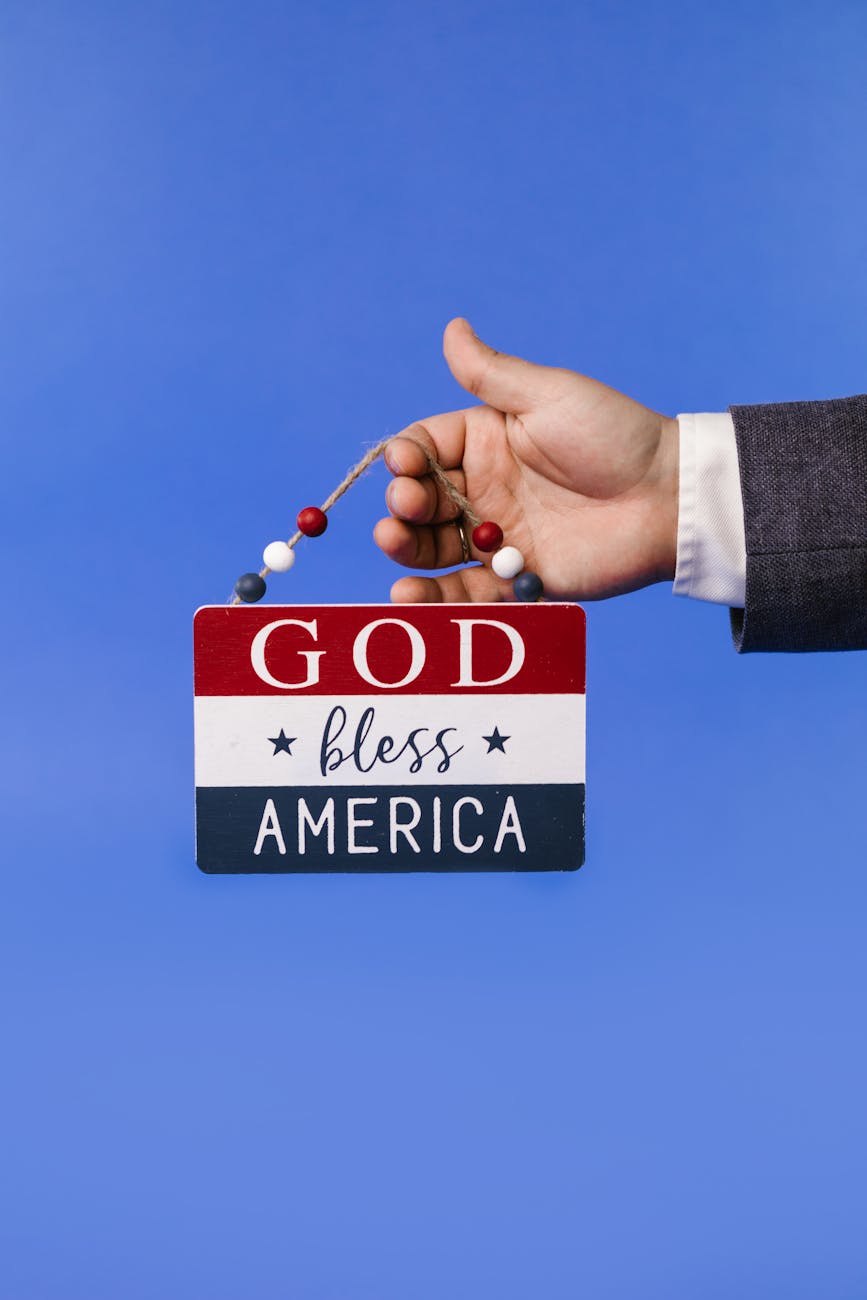Trump’s Strategy Following Kirk’s Death
In the aftermath of Charlie Kirk’s tragic killing, former President Donald Trump is leveraging the incident to rally his supporters and counteract what he perceives as an oppressive left. The situation has escalated from a singular act of violence to a broader campaign aimed at silencing liberal voices and targeting organizations that oppose his agenda.
A Plan to Silence Dissent
Trump and his allies have unveiled an aggressive strategy that includes monitoring the speech of liberal groups, threatening to revoke visas for individuals associated with these organizations, and designating certain factions as domestic terrorists. This approach is not merely a reaction to Kirk’s death but a calculated move to consolidate power and suppress dissenting opinions. The former president is framing these actions as necessary for national security, painting opponents as threats to societal stability.
The Implications of Trump’s Tactics
The implications of this strategy are significant. By categorizing liberal groups as domestic terrorists, Trump attempts to legitimize the silencing of voices that challenge his narrative. This tactic stokes fear among his followers while simultaneously alienating those who value free speech and open discourse. The chilling effect of such designations can lead to self-censorship among individuals and organizations that fear retribution or backlash for expressing opposing viewpoints.
Public Response and Backlash
Public reaction to Trump’s new tactics has been mixed, with many on the left decrying the move as a blatant attack on democracy and free expression. Critics argue that this approach could lead to an increase in political violence, as labeling opponents as “terrorists” can incite hostility and division. On the other hand, Trump’s base appears energized by his confrontational stance, viewing it as a necessary response to what they see as unchecked liberal aggression.
The Road Ahead
As this situation develops, the potential for further polarization in American society is high. Trump’s strategy could set a precedent for future political discourse, where labeling opponents becomes the norm rather than the exception. It raises questions about how far political leaders are willing to go to maintain control and silence dissent. The stakes are high, and the consequences of these actions could reverberate through the fabric of American democracy for years to come.
Questions
What do you think about using violence as a political tool?
How should society respond to attempts to silence dissenting voices?
What impact do you foresee from labeling groups as domestic terrorists?

